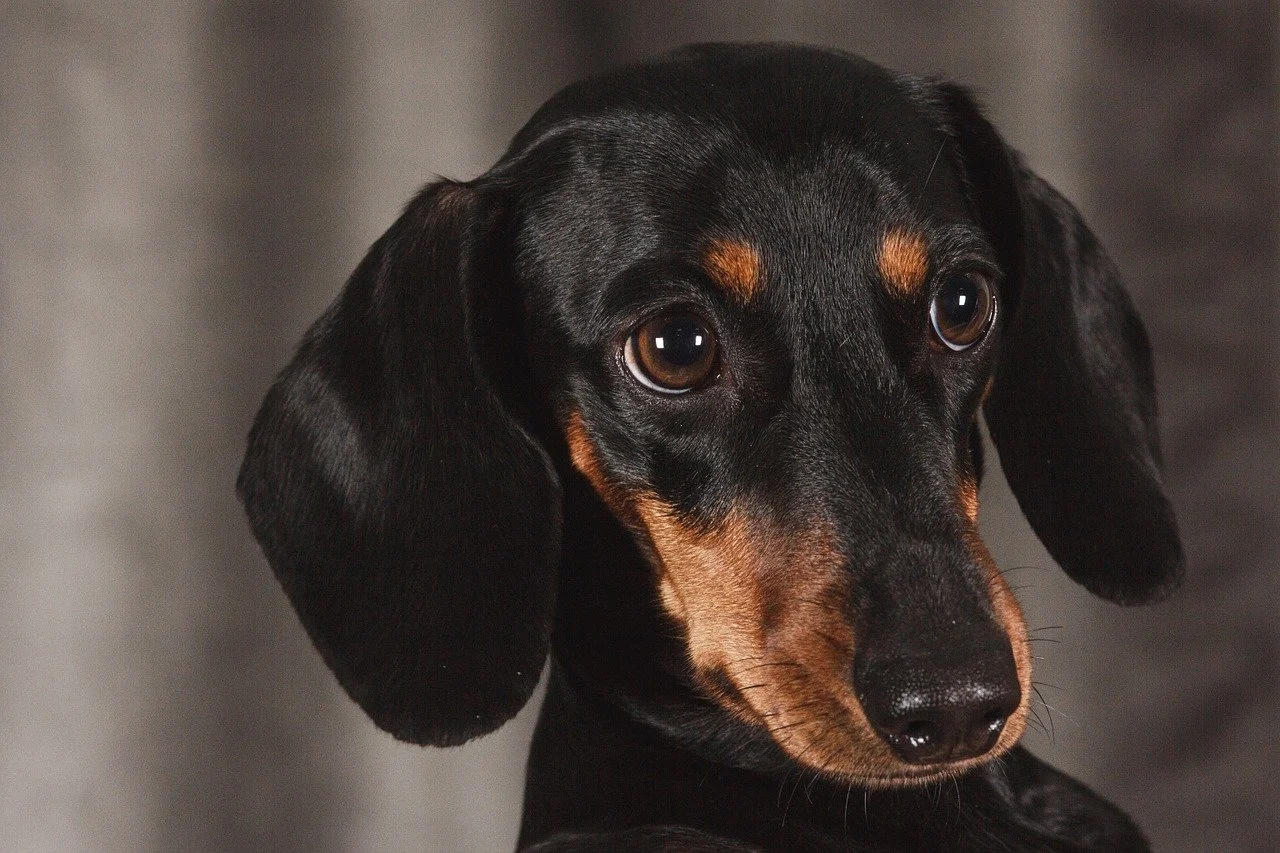The Dachshund is a great and kind breed. They make amazing pets and are always friendly. But how long do Dachshunds live? That’s a great and valid question. Not only for the Dachshund.
Before we get a dog we should be aware of how long that particular breed will live and how much time we will have with them.
Dachshunds live quite long. The life expectancy of Dachshunds is between 12 and 16 years, but they have the potential to live even longer. It’s all up to their owners. Basically, a Dachshund’s lifespan is influenced by the care they receive.
There are a number of things you can do to give your dog a healthy and fulfilling life right from the start. If you pay attention to a few things, you can positively support their life expectancy and give your Dachshund many happy and healthy years.
While you’re here, read more about the Dachshund breed:
- Miniature Long Haired Dachshund
- Long Haired Dapple Dachshund
- Piebald Dachshund: Short And Sweet
- Dapple Dachshund: The unusual looking dog
- Long Haired Dachshund Puppies
- Wire Haired Dachshund: Breed Info
How long do Dachshunds live – What you need to know
Now we know what the life expectancy of a Dachshund is. But how come the life expectancy among dogs is so different?
As a rule of thumb, small to medium-sized dogs have a longer lifespan than large breeds. Among other things, this is related to growth in the first year of life. While small breeds quickly reach their final size and are also more likely to become sexually mature earlier, the maturing process is somewhat different and sometimes slower for larger dogs.
Although they are usually fully grown within a year as well, sexual maturity is in large breeds delayed until 1.5-2 years. Due to this rapid growth, many particularly large breeds also age earlier. Bones, organs, joints, and the entire musculoskeletal system are simply more stressed.
Nevertheless, exceptions always confirm the rule and the relationship between size and weight must also be taken into account. The slim but tall Irish Setter can live up to 15 years, whereas the strong Rottweiler lives comparatively shorter, with a life expectancy of 8 to 10 years.
But, care plays a big role in how long a dog will live, too. If you own a Dachshund, you still have no guarantee that the dog will actually live 15 years or more. For example. the life expectancy of an overfed or overbred Dachshund drops rapidly because their health and overall well-being suffer in those situations.
The average lifespan of various dog breeds for comparison
Small breeds of dogs (height less than 40 cm)
- Shih Tzu: 10-16 years
- Maltese: 12-15 years
- Havanese: 13-15 years
- Jack Russell 13-16 years
- Fox Terrier: 13-15 years
- Scottish Terrier: 12-15 years
- Chihuahua 15-18 years
Medium-sized dog breeds (height between 40-60 cm)
- Irish Terrier: 13-15 years
- Beagle: 12-15 years
- Border Collie: 13-16 years
- English bulldog: 7-10 years
- Shar Pei: 9-11 years
- Labrador 12-13 years
Large breeds of dogs (height more than 60 cm)
- Dalmatians: 10-13 years
- Malinois: 12-14 years
- Bordeaux mastiff: 10.12 years
- Bernese Mountain Dog: 6-8 years
- Great Dane: 6-8 years
How can I influence the life expectancy of my Dachshund?
It would be nice if all dog owners had something like a guarantee on the lifespan of their four-legged friends. Unfortunately, this is not the case. But, you can do a lot yourself to give your Dachshund a pleasant and species-appropriate life and possibly extend its time on earth a little bit.
But when exactly your dog will have to cross the rainbow bridge is unfortunately not foreseeable. We can’t tell you that…
Healthy diet
High-quality food without a lot of nutrients, freshwater every day, and some treats are a good basis for a healthy life for your dog. Avoid giving your dog any human leftovers, as these contain spices and foods that are not easily digestible or are even poisonous for the Dachshund.
If you want to use fresh ingredients, you should familiarize yourself with what is safe and what is not. But, know that there are good types of wet and dry food that are already mixed and contain all the important nutrients.
Be aware that Dachshund puppies have different nutritional needs than adult or old Dachshunds. Depending on the age of the Dachshund, you can even get specially made food for different age groups.
Exercise
If you rest, you rust. This also applies to your Dachshund. Enough exercise and good training are important for strong muscles and a healthy cardiovascular system. Those who are physically fit also have a better immune system and are more resistant to disease. Daily walks and play sessions are a must and result in a completely satisfied and physically and mentally exhausted dog.
But, the need to move can change with age. A senior Dachshund is often not as persistent as it used to be and likes to take things a little more comfortable when going for a walk. Adjust the pace and length of the walk accordingly. Nevertheless, it is important that the Dachshund stays fit so that it does not gain weight. The feed ratio may have to be adjusted a little, too.
Lastly, remember that a lot of jumping and hopping puts a lot of strain on the spine and can lead to herniated discs or paralysis. So, let your Dachshund climb only a few stairs, help him get in and out of the car and, if necessary, lift him onto the bed or sofa.

